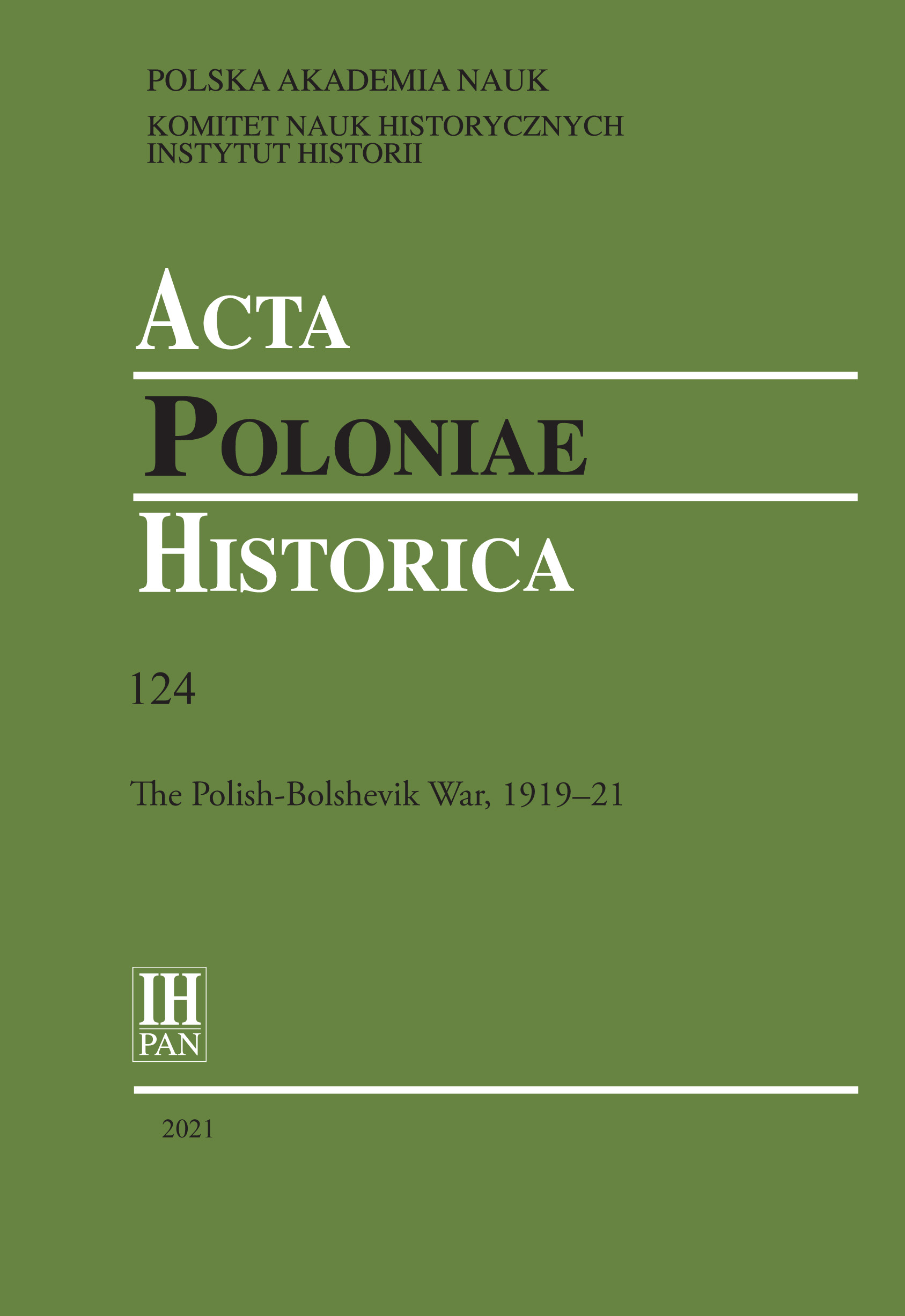The Relationship between the State and Universities in the Czech Lands 1849–1939
DOI:
https://doi.org/10.12775/APH.2021.124.07Keywords
university autonomy, state higher education policy, management and personnel regulations, 1849–1939Abstract
This text summarises the results of extensive research into the relationship between the state and universities in 1849–1939, i.e. between the so-called ‘Thun reform’ and the closure of Czech universities by the Nazis. The focus is on the state’s respect for the privileged position of universities and the monitoring of tensions arising from the clash between legislation and the universities’ day-to-day operations, resulting mainly from satisfying the economic needs of universities on the one hand, and the interpretation of the responsibility and discipline of their academic staff towards the state and society on the other. The research shows the advancing erosion of the so-called Prussian (Humboldt’s) concept of an autonomous national-oriented university and the difficult search for a democratic alternative in interwar Central Europe’s unstable political and economic conditions.
References
Balík Stanislav, Fasora Lukáš, Hanuš Jiří, and Vlha Marek, Český antiklerikalismus (Prague, 2015).
Fasora Lukáš and Hanuš Jiří, Myth and Tradition of Central European University Culture (Brno, 2019).
Fasora Lukáš, Josef Hybeš (1850–1921). Život, dílo a mýtu (Praha, 2017).
Fasora Lukáš, Dělník a měšťan: Vývoj jejich vzájemných vztahů na příkladu šesti moravských měst 1870–1914 (Brno, 2010).
Fasora Lukáš, Stáří k poradě, mládí k boji: Radikalizace mladé generace českých socialistů 1900–1920 (Brno, 2015).
Fasora Lukáš, Svobodný občan ve svobodné obci: občanské elity a obecní samospráva města Brna 1851–1914 (Brno, 2007).
Downloads
Published
How to Cite
Issue
Section
License
Title, logo and layout of journal are reserved trademarks of APH.Stats
Number of views and downloads: 630
Number of citations: 0



